GTG Links No. 22 – May 30th

Riot Games 2022 impact report
Riot have released their 2022 annual impact report (direct link to PDF here) with a first-time full scope 1-3 disclosure of their emissions. Notably, there's no disclosure of Scope 3, category 11 "Use of sold products" (gamers playing Riot games, in other words) which is a shame because that would be really helpful to see. I suspect that it ended up either a) in the too hard basket (and given PC hardware profiles and the wide ranges of power involved, that may actually be fair enough – though it shouldn't stop us trying) or b) it blew everything else out of the water and made the rest look insignificant. Either way, something to work towards for next time.
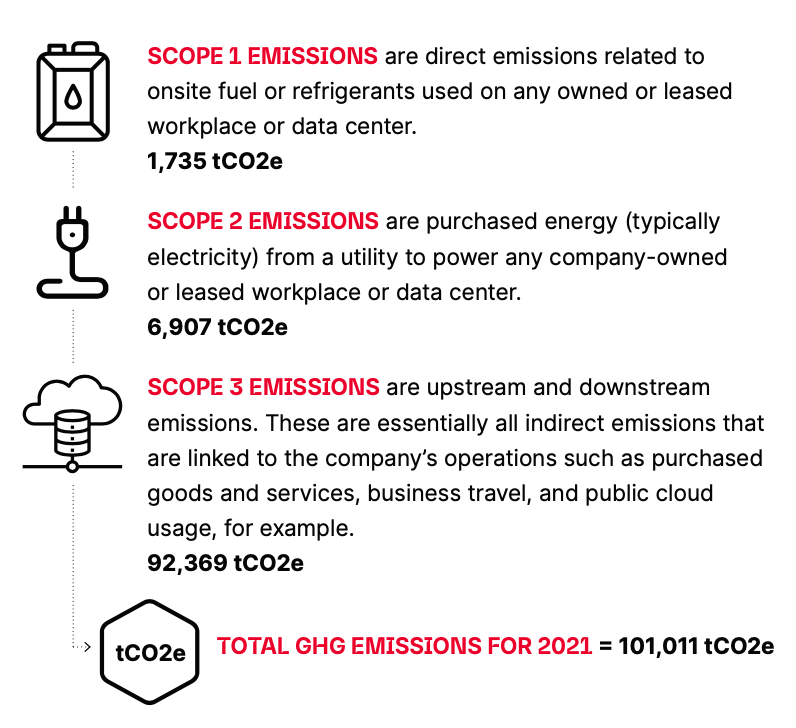
I also want to highlight the following quote about their corporate reduction target which challenges some assumptions I previously had:
Now that we have established our baseline for GHG emissions, we are beginning to set targets for emissions reductions and identify specific measures Riot can take to meet those targets.
Last year, in the 2022 snapshot, I assumed that Tencent's ownership stake and net zero goals would flow downhill, setting (or at least informing) Riot's own strategy. Clearly it's a lot less automatic than I assumed, so mea culpa! Such is the risk with interpreting opaque corporate structures and corporate intent. Though if I were Tencent and serious about net zero I would be looking at the climate commitments of my investments.

The IGDA is running the developer satisfaction survey again
Always good to have better data about what's happening on-the-ground in game workplaces. Might be somewhere to add concerns about climate (in)action if you're so inclined? Link to the survey is here.
Some new IEA reports
These give some useful quick context on the challenges facing the energy systems in particular countries.

Like Finland (shout out to our Finnish readers):
Thanks to its fleet of nuclear plants and high shares of electricity generation from biomass, hydro and wind power, Finland already has a low reliance on fossil fuels. In 2021, fossil fuels covered 36% of its total energy supply, well below the IEA average of 70%. Among IEA member countries, only Sweden has a lower share of fossil fuels in its energy mix. Finland has no domestic fossil fuel production and imports all its crude oil, natural gas and coal.
And Italy, the story from which is one of progress that has stalled out a bit. Good to know if you're in that part of the world and thinking about your operational emissions:
Despite vast natural resources suited to renewables and an industrial base that can drive the phase out of fossil fuels, Italy’s deployment of clean energy technologies has remained relatively slow over the last decade. Electricity generation from renewables more than doubled between 2005 and 2020, but most of this growth occurred in a five-year period (2010-2014), bolstered by generous incentives for solar PV. Since then, lengthy permitting procedures, high administrative costs, availability of land and local opposition have hampered new installations. Reforms made during 2022 and the planned adoption of a new regulatory framework are already addressing these bottlenecks.

Plus, a report on the power of automation and data for energy systems is pretty neat, and exactly what we're been trying to do with Paper House. Finding ways to automate their high-power devices (well, an electric hot water system) and measure their usage was something I wrote about earlier this year. This stat about the number of smart devices is pretty mind boggling too, but shows the appetite for this sort of tech:
The number of smart power meters worldwide exceeded 1 billion last year, a 10-fold increase since 2010.

China’s Solar Boom Is Already Accelerating Past Last Year’s Record Surge – Bloomberg
“China’s solar sector is accelerating an already world-beating pace of installations as costs tumble and demand keeps rising, putting it on track to rush past last year’s record. The country installed almost three times the volume of solar capacity between January and the end of April than in the same period in 2022, and is on track to add more panels this year than the entire total in the US. China could install 154 gigawatts of solar capacity this year … raising its China forecast from a previous total of 129 gigawatts. The US had a cumulative total of 144 gigawatts installed at the start of 2022, according to BNEF data. Installations in China could surge to 200 to 300 gigawatts next year … The rise in China’s deployments means the world is on track to have a total of 5,300 gigawatts of capacity by 2030 — about the volume of solar that is required in scenarios under which global net zero targets are met. Other key sectors, including transportation and wind power remain behind track.”

Spain hits new renewable energy peaks
New Transition Risk Just Dropped And You Wont Believe How Much It Costs Big Business!
OK so the UK's new greenwashing laws are actually kind of incredible? I can see some businesses getting stung pretty badly by this. Don't get your CO2 disclosures wrong or you could be up for some big fines:
“The penalties are substantial; UK firms are set to be charged up to £40 per tonne of CO2 emissions misreported under the new regulations and consumers can be unforgiving which puts their reputations at risk.”
Pretty important to get them right then. Get in touch and we can help you do that.

Writing's on the wall for Greenwashers
When even ad agencies don't want to touch it, you know its over...
Gucci walks back carbon neutral claims
The luxury brand bringing an "its so over" energy to the "we're so back" revelations about problems with REDD+ forestry project credits earlier this year.

EPA's new pollution limits for power plants reflect ‘urgency’ of climate crisis

Digital infrastructure and green coding
Some terms and calculation methods around cloud sustainability. A handy guide.
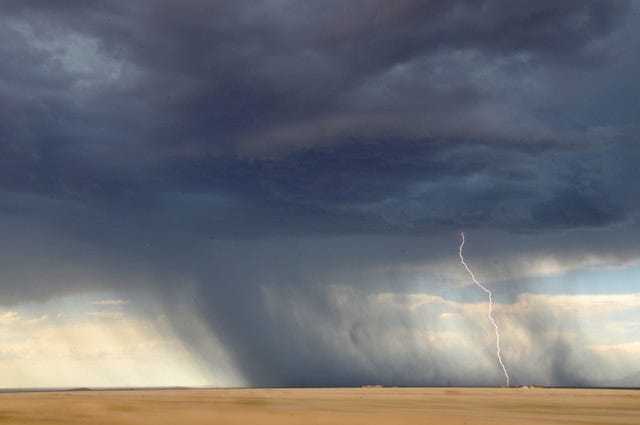
This new green software book out through O'Reilly is online and (apparently) being written/iterated as we speak?
50% of tech CIOs are looking at renewable energy mandates, as soon as 2025 apparently.

In the UK and got business IT you’d like to get rid of? Here's a good solution.
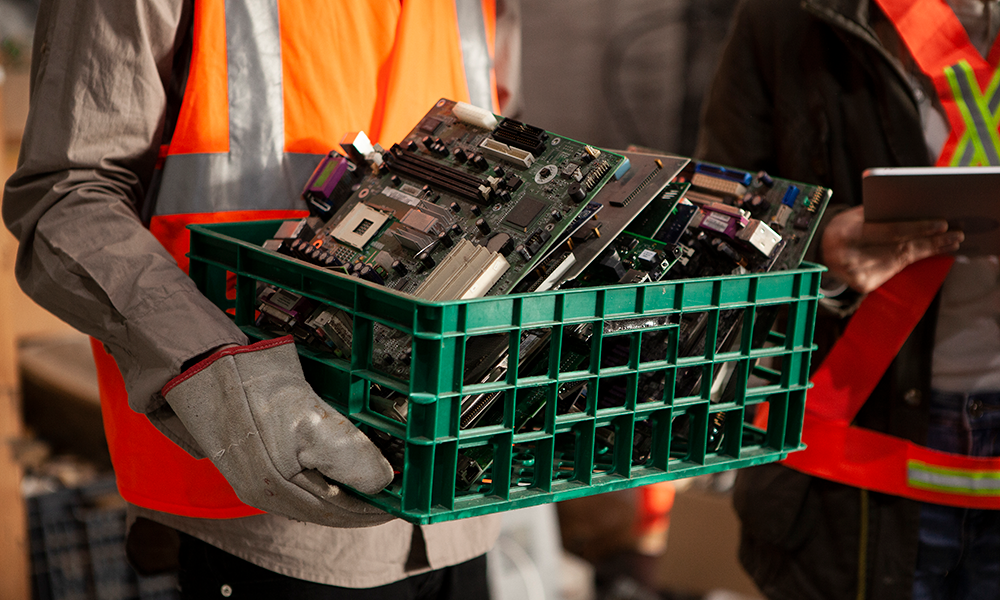
On the financialisation of Nature
Economics Prof. Daniela Gabor did some live–tweeting the other week from the Beyond Growth 2023 conference. The panel was on 'Finance and Nature as an Asset Class' and covered some sharp critiques.
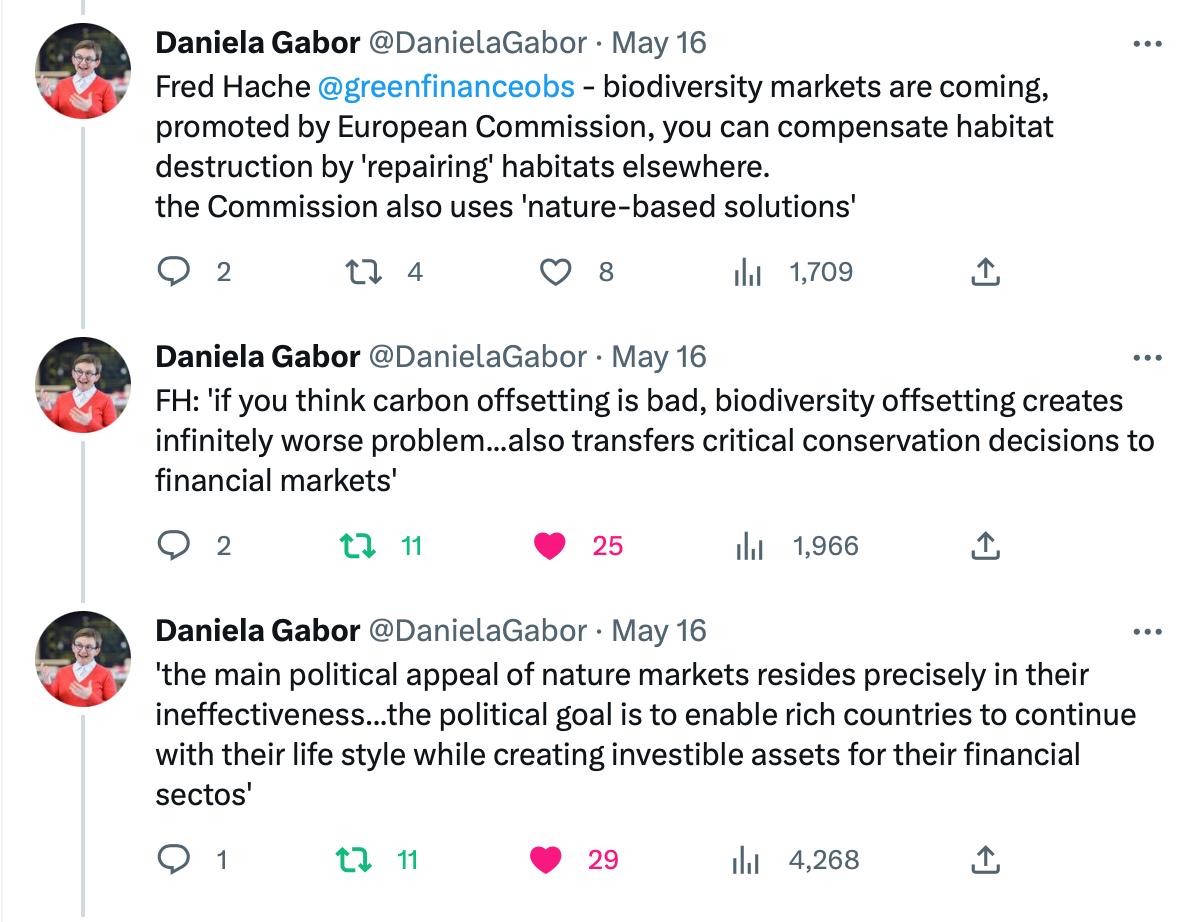
Biodiversity offsetting (or similar practices) have been hugely responsible for the loss of critical habitats in Australia.
Interesting research corner
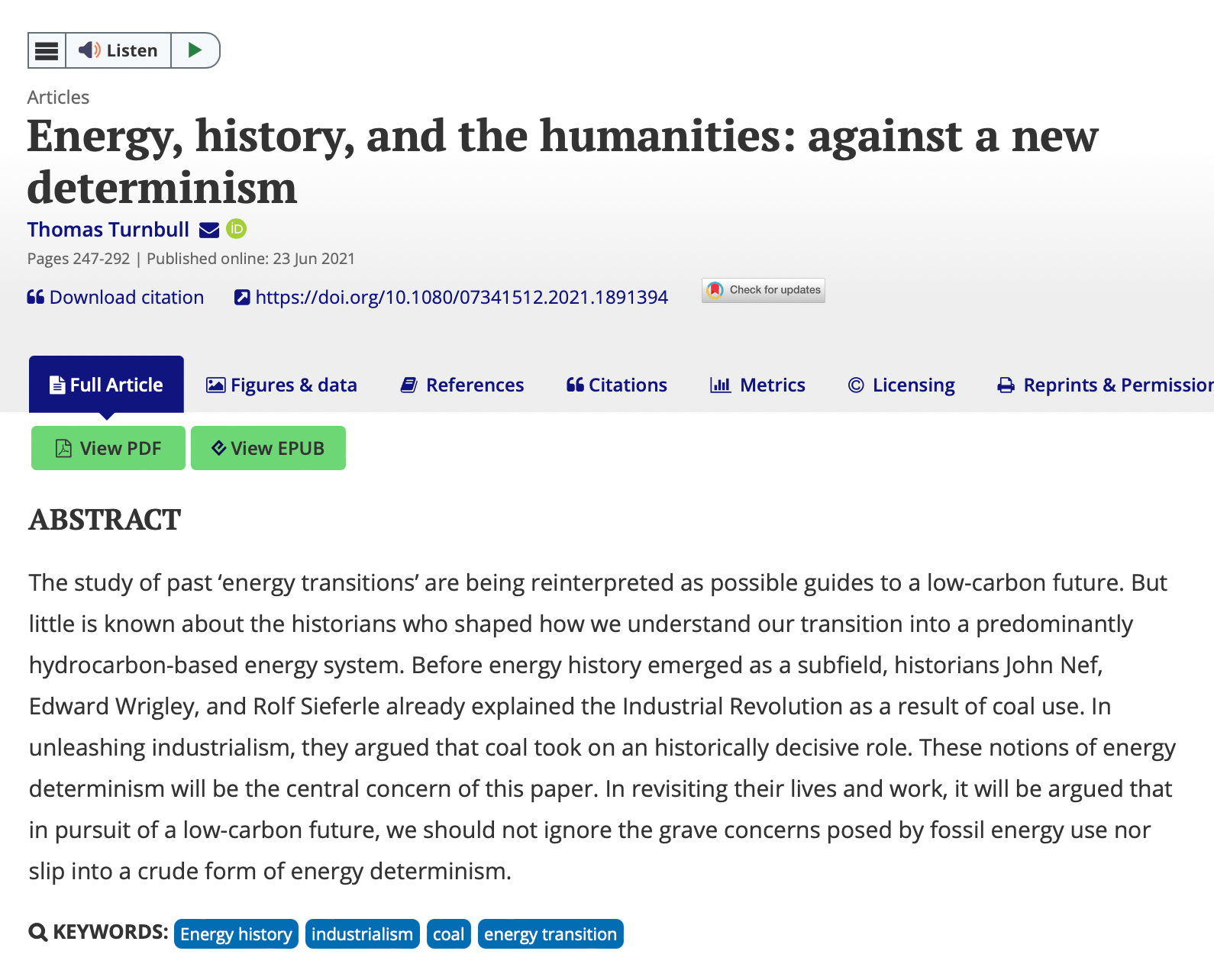
And this just published piece on Low-modernist solar tehcnologies and international development, 1878-1966 sounds fascinating. Incredible to see a change like this over 150 years.

FF use impacts black, brown, indigenous & poor people more at every stage
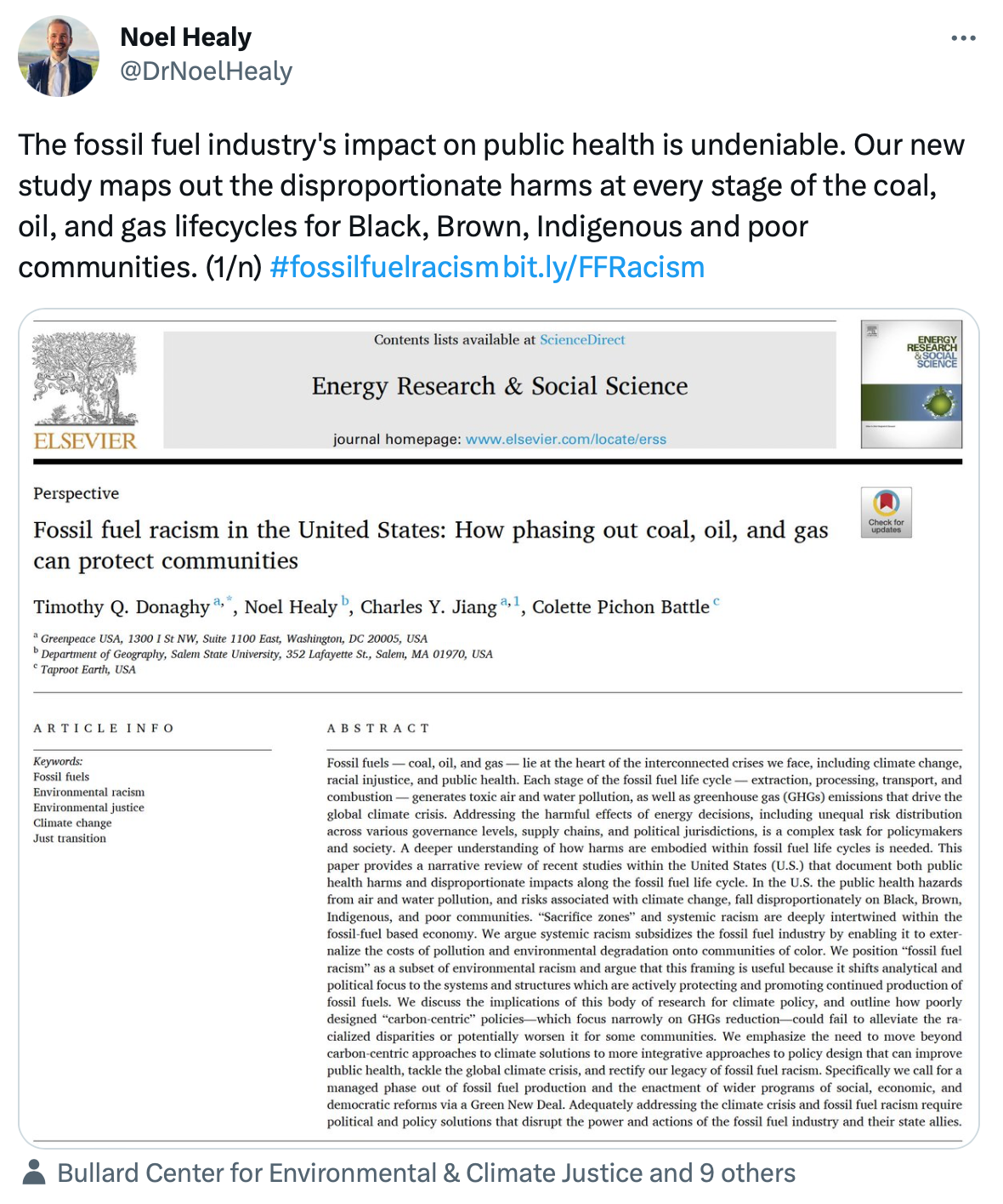
Using IRS data to measure funding for climate denial is kind of inspired

Climate news and scary stuff
A still-brewing El Nino could be a real bummer this year or next.
/cdn.vox-cdn.com/uploads/chorus_asset/file/24669156/1322101033.jpg)
Reading this piece about ocean heat absorption the other week gave me the full heebie jeebies.

Climate migration is already happening, so might as well get prepared.
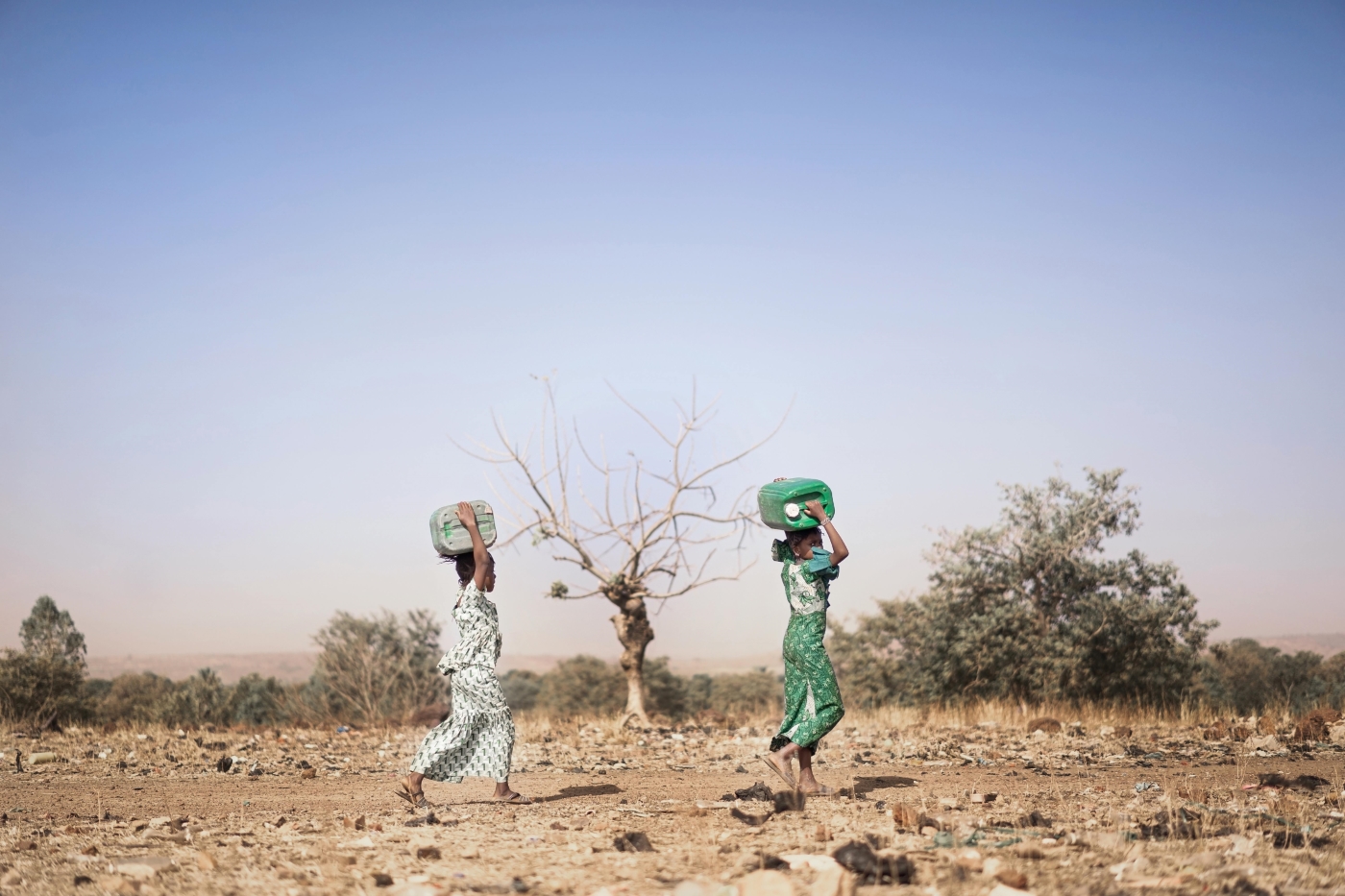
Ending with some fun stuff
This curtain of bubbles seems nice (via Ketan Joshi on twitter). It's how offshore wind farms protect fish from noisy work when they're putting in turbines.
And some details on the CO2 of olive oil production
via Adam Tooze's Chartbook again.
“The use of machinery is responsible for the emission of 164.9 kg of CO2, 12.1 g of SO2 and 31.9 g of NOx, per ton of olives, respectively.
…The production of olive oil also includes energy and fuel consumption. Specifically, 1493 kJ is consumed for each ton of processed olives and 158.2 kg of CO2 are emitted.













